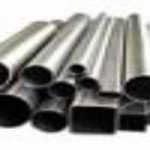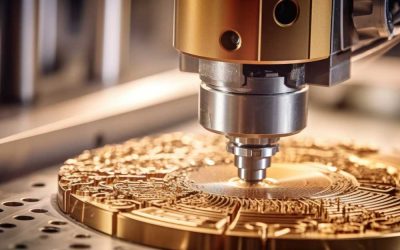Thread rolling fasteners are critical components in many industries, particularly in the assembling of metal parts. Unlike regular screws, these specialist fasteners are engineered to form their threads within pre-drilled holes, resulting in a secure and trustworthy connection. Their adaptability and precision have rendered them valuable in the manufacturing, construction, and automotive industries.
Enhanced Strength and Reliability in Fastening
The ability of thread rolling screws to displace rather than cut material results in good connections. The screws are finely manufactured such that when driven into metal surfaces, they generate threads without removing material. This method of fastening not only strengthens the connection but also decreases the possibility of harming the metal. Thread rolling screws metal is especially beneficial in applications requiring high torque or in locations where vibration is an issue. Because the screws form their threads, the fastening is secure, limiting the possibility of loosening over time. This attribute is essential in industries like automotive manufacturing, where dependability and durability are critical.
Benefits of Using Thread Rolling Screws in Metal Fasteners
One of the primary advantages of using thread rolling screws as metal fasteners is their higher holding power. The screw generates threads by dislodging the metal, resulting in a stronger joint compared to cutting threads into the material. This improved strength is especially useful in high-stress areas like heavy machinery and industrial equipment. Thread rolling screws provide an economic benefit. Because they form their threads, no pre-tapped holes are required, which saves time and money during assembly. Their efficiency makes them a popular choice in large production scenarios where speed and accuracy are crucial. Another benefit is that the material will last a longer time.
Applications and Versatility
These fasteners are used in a wide range of applications due to their adaptability. They are widely used in the electronics industry, where precision and dependability are critical. Screws are also employed in the assembly of appliances, furniture, and other consumer products, where proper fastening is critical for product safety and longevity. In the automotive sector, these fasteners are employed in primary components like engines, transmissions, and chassis assemblies. Their ability to endure vibration and high torque makes them excellent for fastening pieces that are constantly moving and under stress. Similarly, the construction industry uses thread-rolling screws to connect metal frames, scaffolding, and other structural components. The versatility of thread-rolling screws and metal fasteners extends beyond these industries.
The Essential Role of Thread Rolling Screws in Modern Manufacturing
Thread rolling screws metal fasteners are a cornerstone of modern manufacturing, offering precision, strength, and versatility. Their capacity to make their threads without removing material produces stronger, more durable connections that can tolerate extreme stress and vibration. From automotive assembly to electronics, these fasteners play a critical role in ensuring that goods are durable. As businesses expand and demand more from their components, the need for dependable fastening solutions such as thread rolling screws will only grow. Their distinct appearance and functionality provide an efficient and cost-effective solution for a wide range of applications, making them essential in today’s manufacturing scene.








